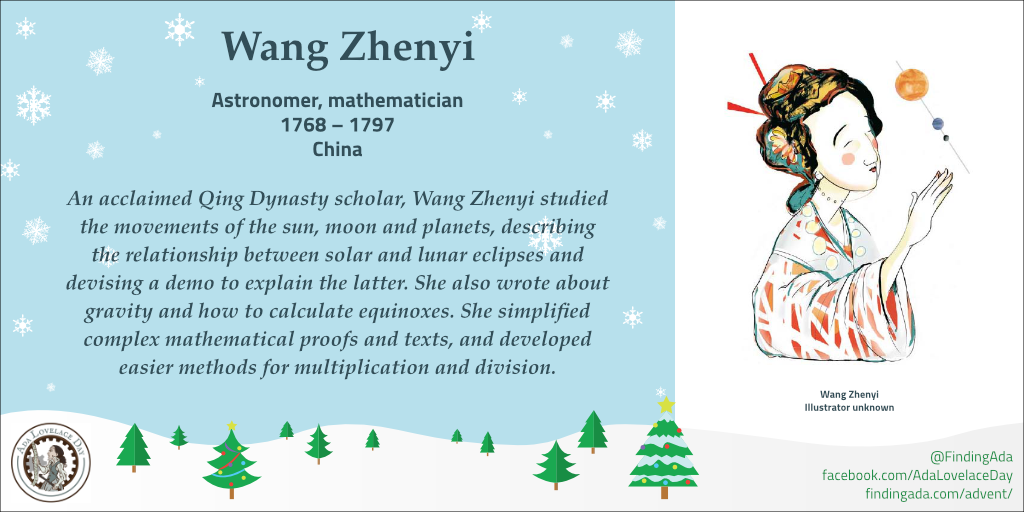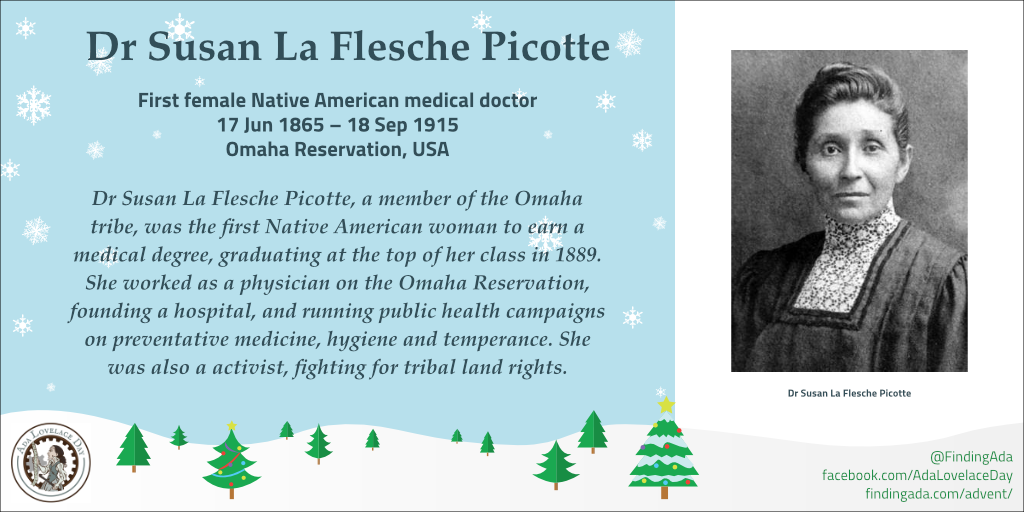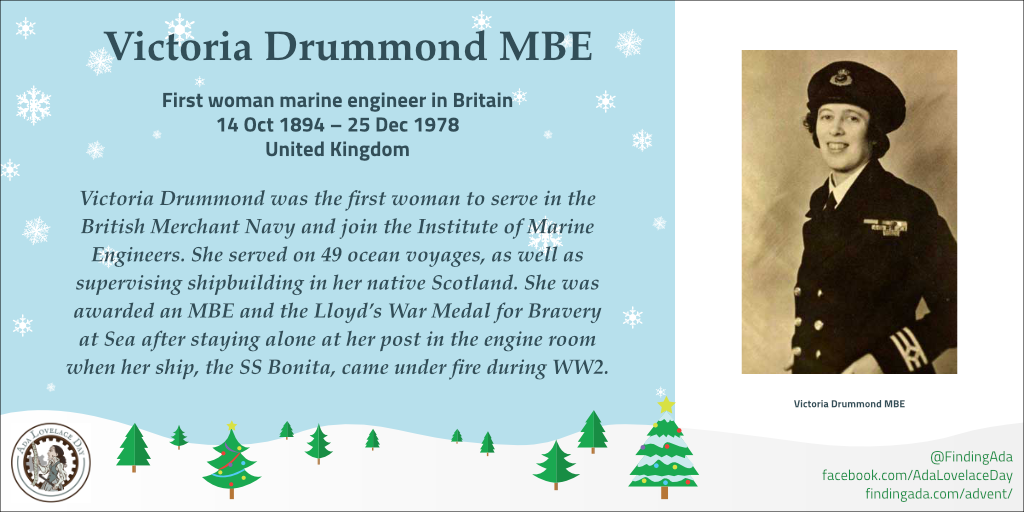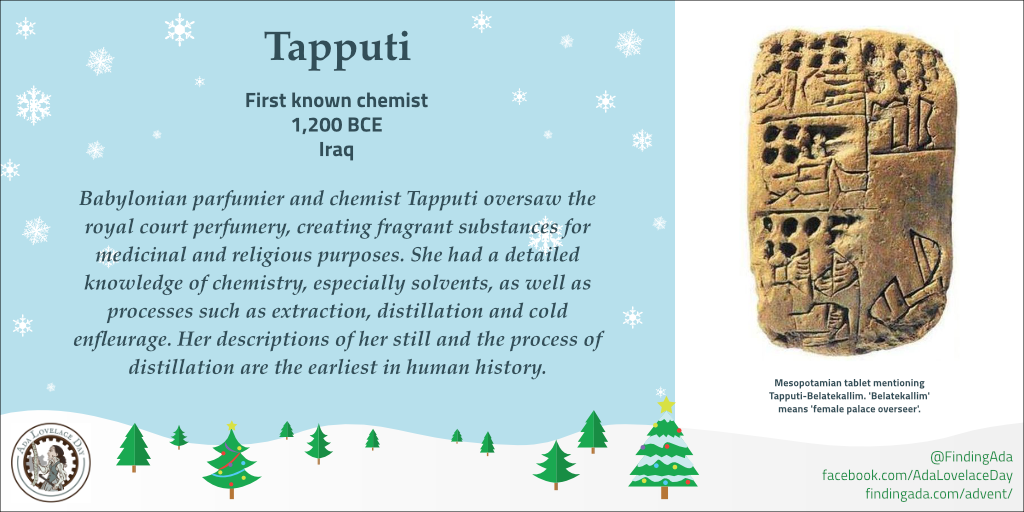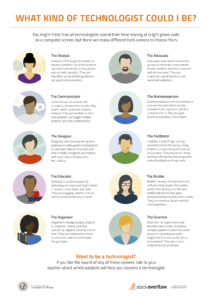This winter, we are celebrating the festive season by honouring 25 amazing women in STEM, some of which you might not know of!
Wang Zhenyi
Astronomer, mathematician
1768 – 1797
China
An acclaimed Qing Dynasty scholar, Wang Zhenyi studied the movements of the sun, moon and planets, describing the relationship between solar and lunar eclipses and devising a demo to explain the latter. She also wrote about gravity and how to calculate equinoxes. She simplified complex mathematical proofs and texts, and developed easier methods for multiplication and division.
For more information on Wang Zhenyi, check out the following links:
- https://en.wikipedia.org/wiki/Wang_Zhenyi_(astronomer)
- https://scientificwomen.net/women/zhenyi-wang-98
- https://www.quartoknows.com/blog/quartoexplores/power-in-numbers-wang-zhenyi
- https://www.girlmuseum.org/trailblazers-age-of-girls-wang-zhenyi/
| Day 3 – Dr Susan La Flesche Picotte | Day 5 – Louise Bourgeois Boursier |
